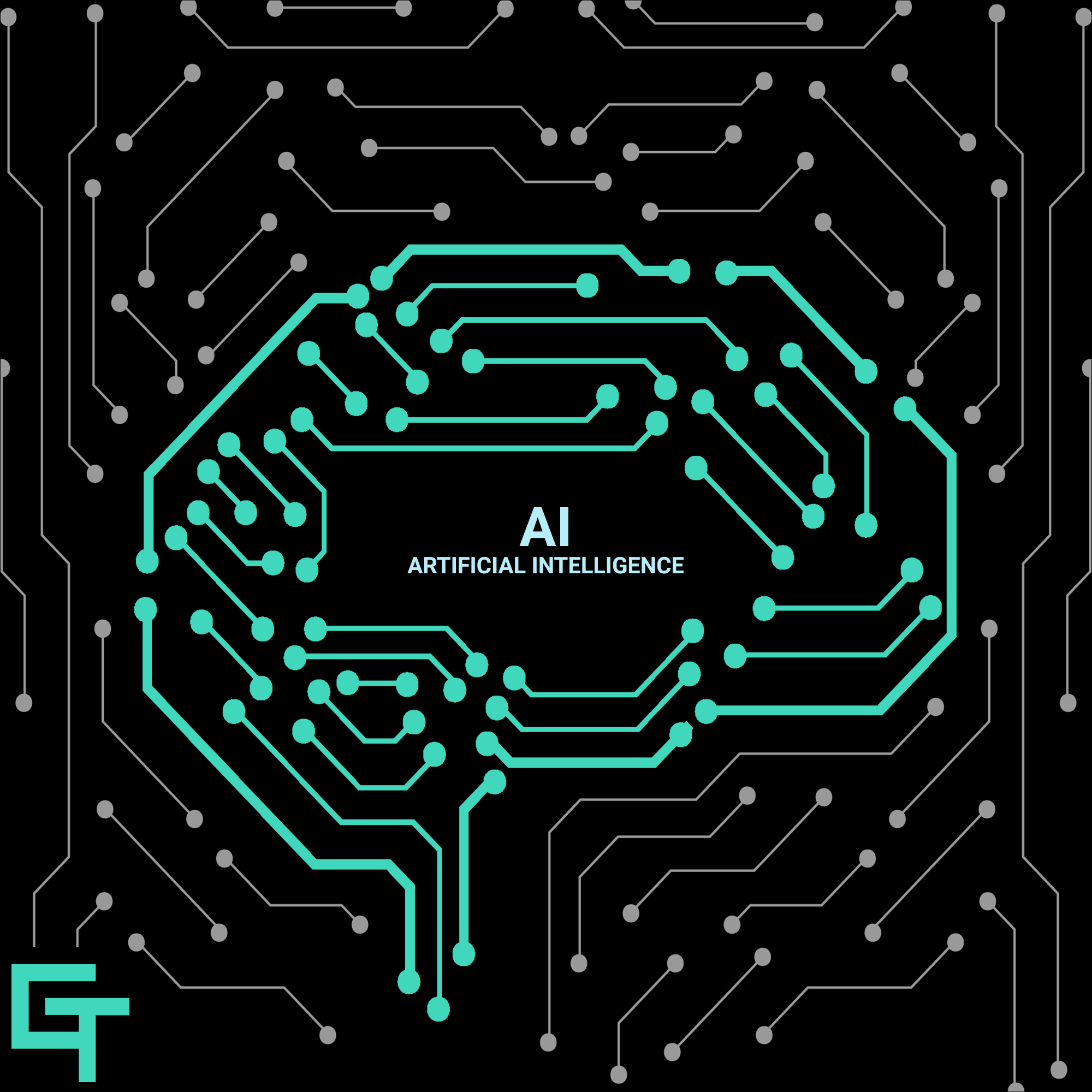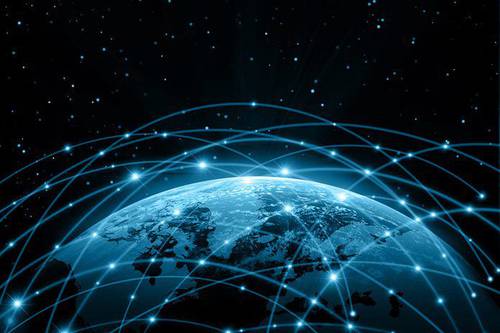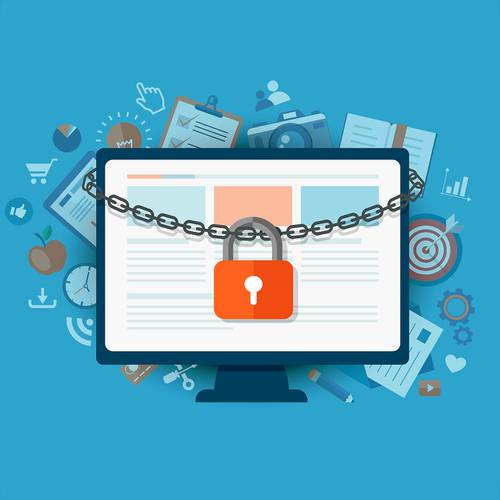Artificial Intelligence - a term that was nothing more than science fiction for the past few decades- has set its roots deep into the human culture. The concept of a machine thinking like a human may sound freaky for an instance but knowingly or unknowingly, machines with artificial intelligence have been observing and learning from humans for the past few years. Humans have always defined themselves by the ability to achieve the impossible. Now, it would be apt to say that the impossible can be achieved in a couple of decades.

It was a normal morning and I had just eaten breakfast in a traditional restaurant in Mylapore. When I left, my phone popped out a message asking me to review the hotel I had just visited. In not more than a couple of hours, I was spammed with tons of recommendations to similar hotels. That was when it hit me hard, the palpable impact of machine learning on our lives.
If a machine can replace humans and do jobs in a better way, then why not replace humans with machines? This is what happened in Amazon's warehouse, which is the size of 15 football fields. The whole process of picking items for delivery is done by AI, and that alone is remarkable. Automated cars have been proven to be more effective than humans, the only barrier to its implementation being traffic rules and regulations (and not to forget the automated Tesla car which crashed into a truck while the driver was watching Harry Potter). The news article that you are reading now might as well as be written by an AI software. This might be hard to believe, but the hiding place of Osama Bin Laden was predicted by an artificial intelligence supercomputer called Nautilus. From YouTube video recommendations to satellite control, everything is automated.
In brief, life has been made simpler.
Now that we know what AI is doing for us in the current state of affairs, let's see what it can do. What kind of future awaits us? Is it a future where technology has helped us achieve the impossible or will the future be apocalyptic? While renowned scientists such as Stephen Hawking and Elon Musk are against the development of AI, the CEOs of tech giants such as Mark Zuckerberg and Jeff Bezos have already dived deep into AI, discovering the unimaginable things it can do.
But let's look at a negative example: Facebook's AI created its own language to communicate with other machines. The language the bots used could not be understood by humans, but they understood each other. Worry not, the program was eventually shut down. The huge volume of data that AI has swallowed from human behaviour provides a good enough reason for machines to turn against humans in the future. Though that kind of scenario is not possible just yet, it would not be wise to keep AI in control. Maybe sometimes, it is better to hinder growth to ensure a better life.
Technology has taken a quantum leap, and it is in the hands of technologists to ensure its proper implementation.





